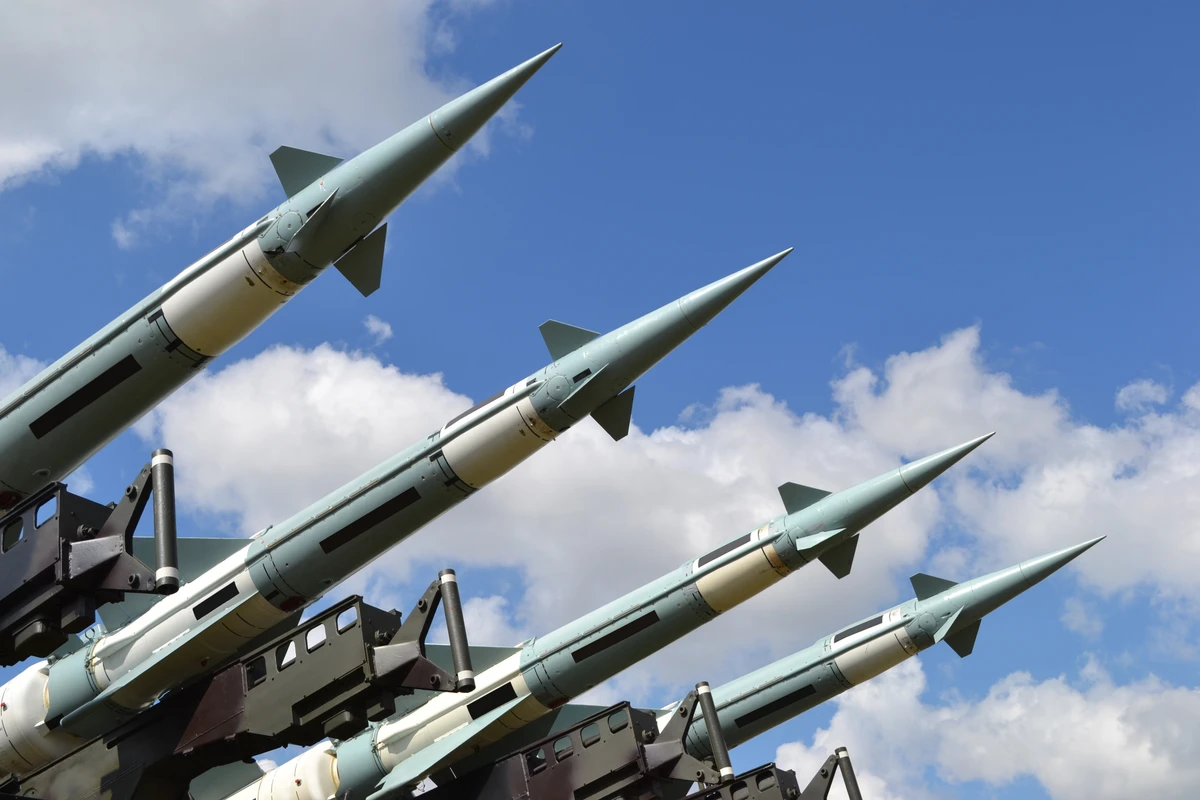London — A recent international assessment warns that the world is sliding back into a dangerous arms buildup reminiscent of Cold War tensions. As major powers revise their military doctrines, analysts say that the warning signs of renewed competition are getting harder to ignore.
Rising Military Expenditures
In the past few years, global defense spending has climbed sharply. Countries once focused on domestic priorities are now reallocating resources to modernize forces, upgrade missile systems, and expand nuclear arsenals. Strategic rivalry—particularly between leading states—has become more overt, with many nations citing security threats from both neighbors and distant adversaries.
Nuclear Doctrine Returns
Perhaps the most alarming development is the revival of nuclear posture reviews. Doctrines that had sat dormant since the end of the Cold War are being dusted off. Several governments are signaling willingness to consider first-use policies or lowering the threshold for what constitutes a nuclear emergency. Weapons once believed to be relics of the past are being brought back into front-line strategy debates.
Geopolitical Fault Lines Deepen
The renewed arms competition is being driven largely by geopolitical distrust. Regions undergoing political instability or facing long-standing territorial disputes are accelerating military build-ups. Alliances are sharpening. Formerly nonaligned nations are gravitating toward powerful blocs for security guarantees. These shifts are redrawing global relationships and putting diplomatic institutions under stress.
Technological Acceleration
Part of what makes the current arms race distinct is the role of emerging technologies. Hypersonic missiles, unmanned systems, artificial intelligence-enabled weapons, and cyberwarfare tools are all accelerating the arms dynamic. Countries are not just competing with numbers—they’re trying to leap ahead on technological fronts that may define future battlefields.
International Reaction and the Road Ahead
Despite the rising alarm, global governance mechanisms are proving slow to respond. Treaties once seen as pillars of stability are under negotiation or in decline. Multilateral arms control talks are fragmented. While many nations call for diplomacy and restraint, few appear willing to voluntarily reduce arsenals without secure guarantees that rivals will do the same.
Analysts suggest several possible paths forward:
- Strengthened treaties with robust verification measures, to rebuild trust.
- Confidence-building measures among rivals, such as transparency in military exercises and shared data on new weapons.
- Extended dialogue through international institutions to reinvigorate arms control frameworks.
However, each of these requires political will, which may be in short supply in the current geopolitical climate.
The warning signs are clear: without urgent diplomatic engagement, the world could be pulled into an arms competition that threatens global security. The coming months may be decisive in whether nations choose rivalry or negotiation.
















Leave a Reply